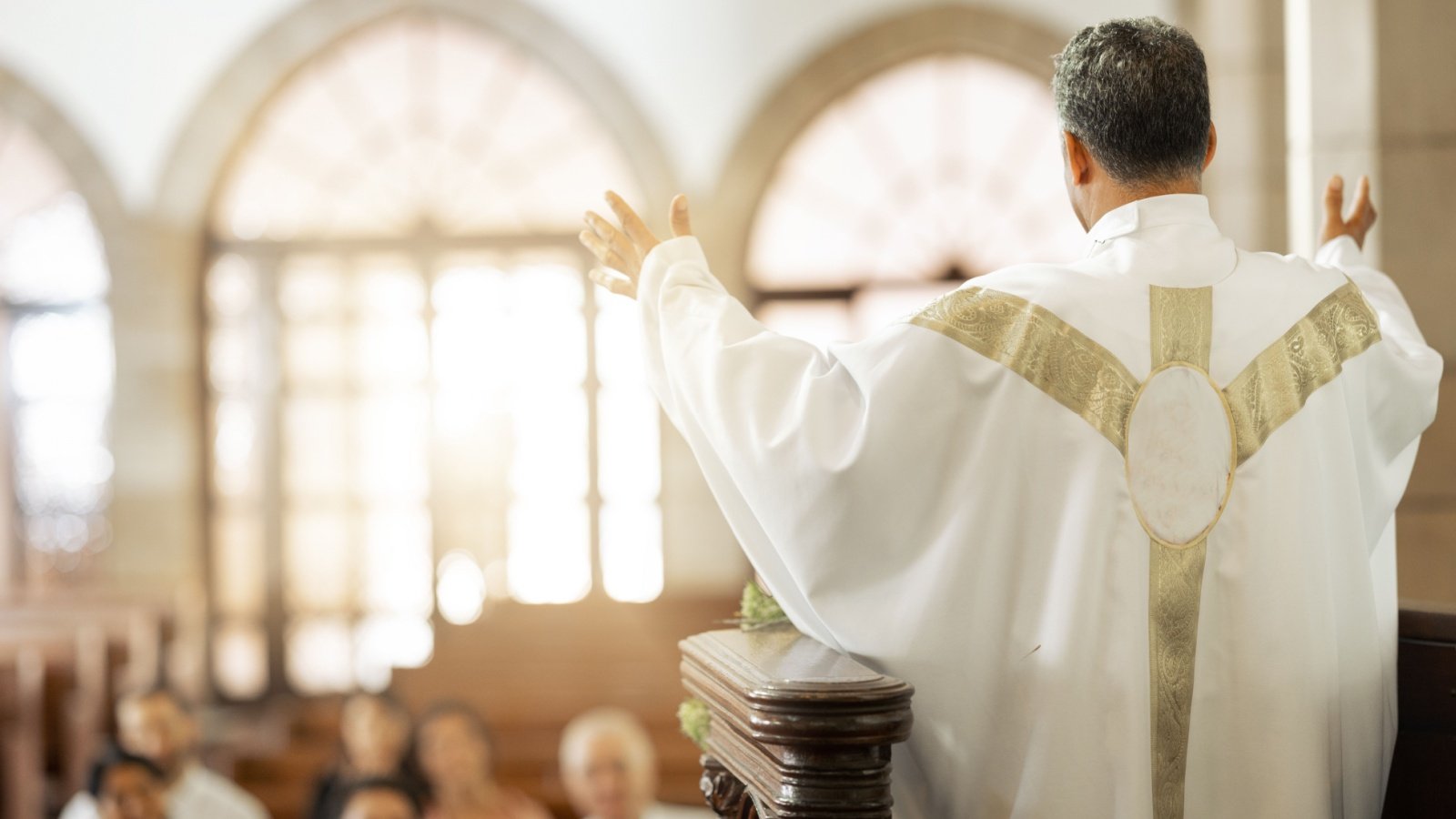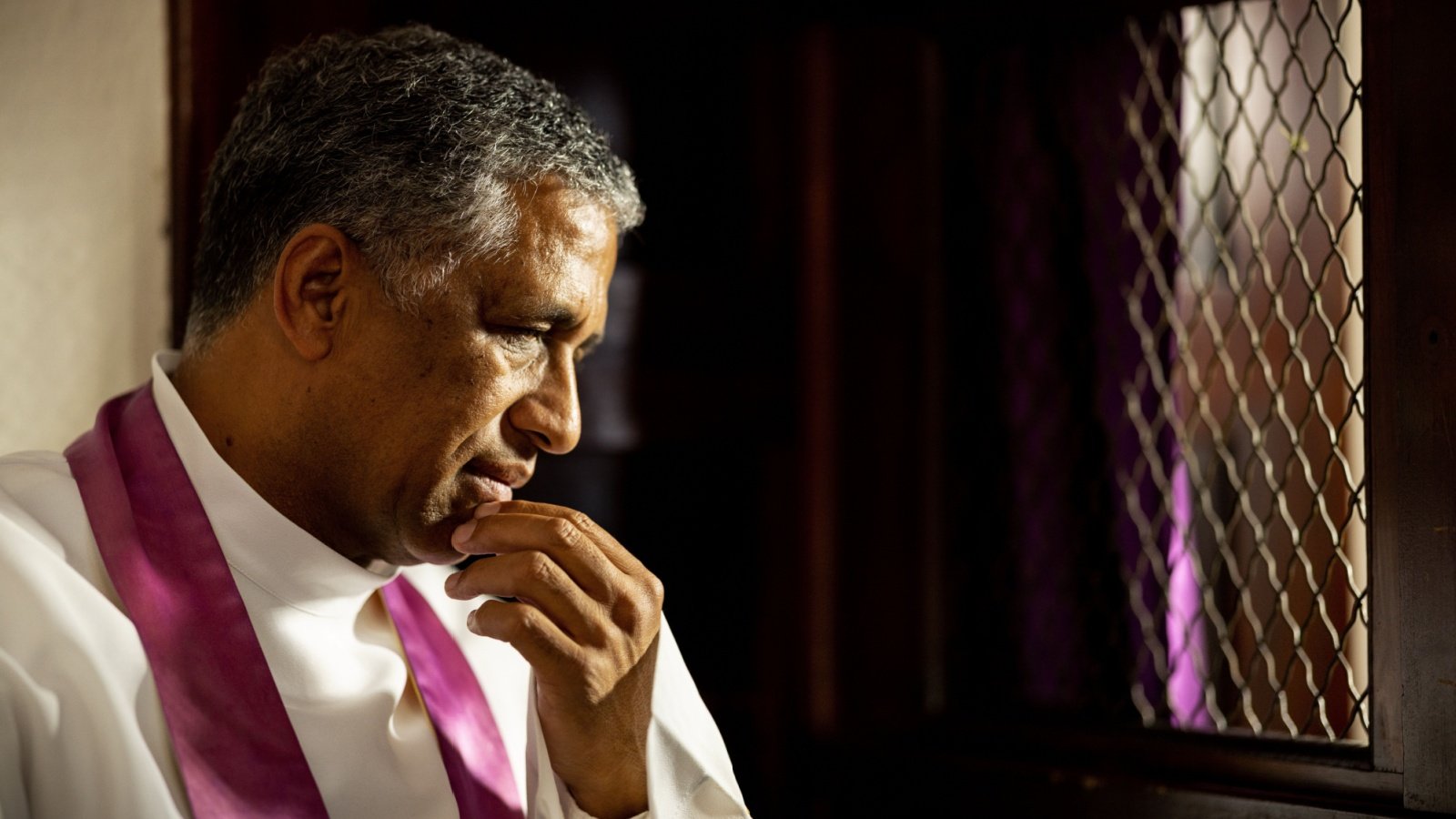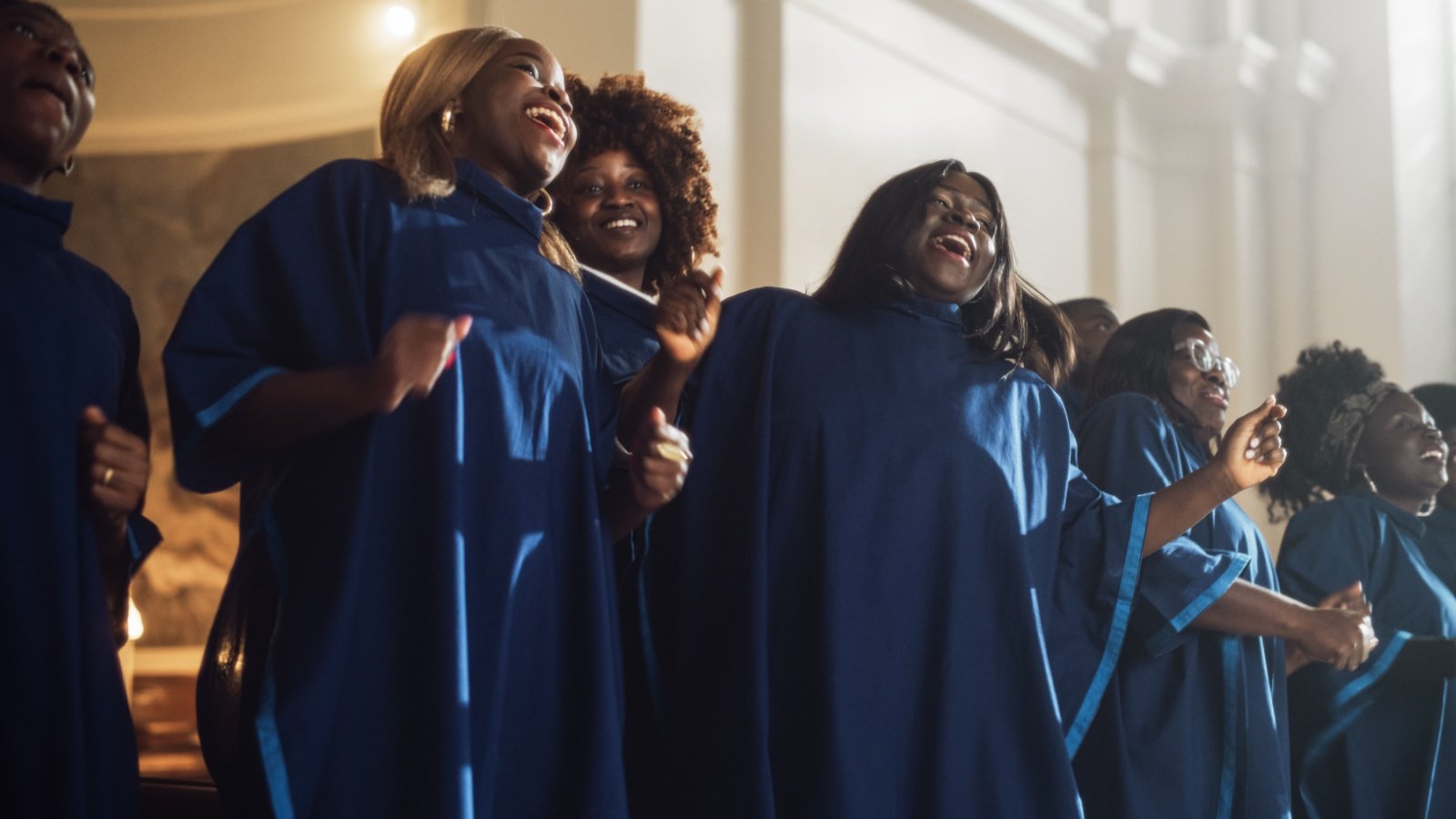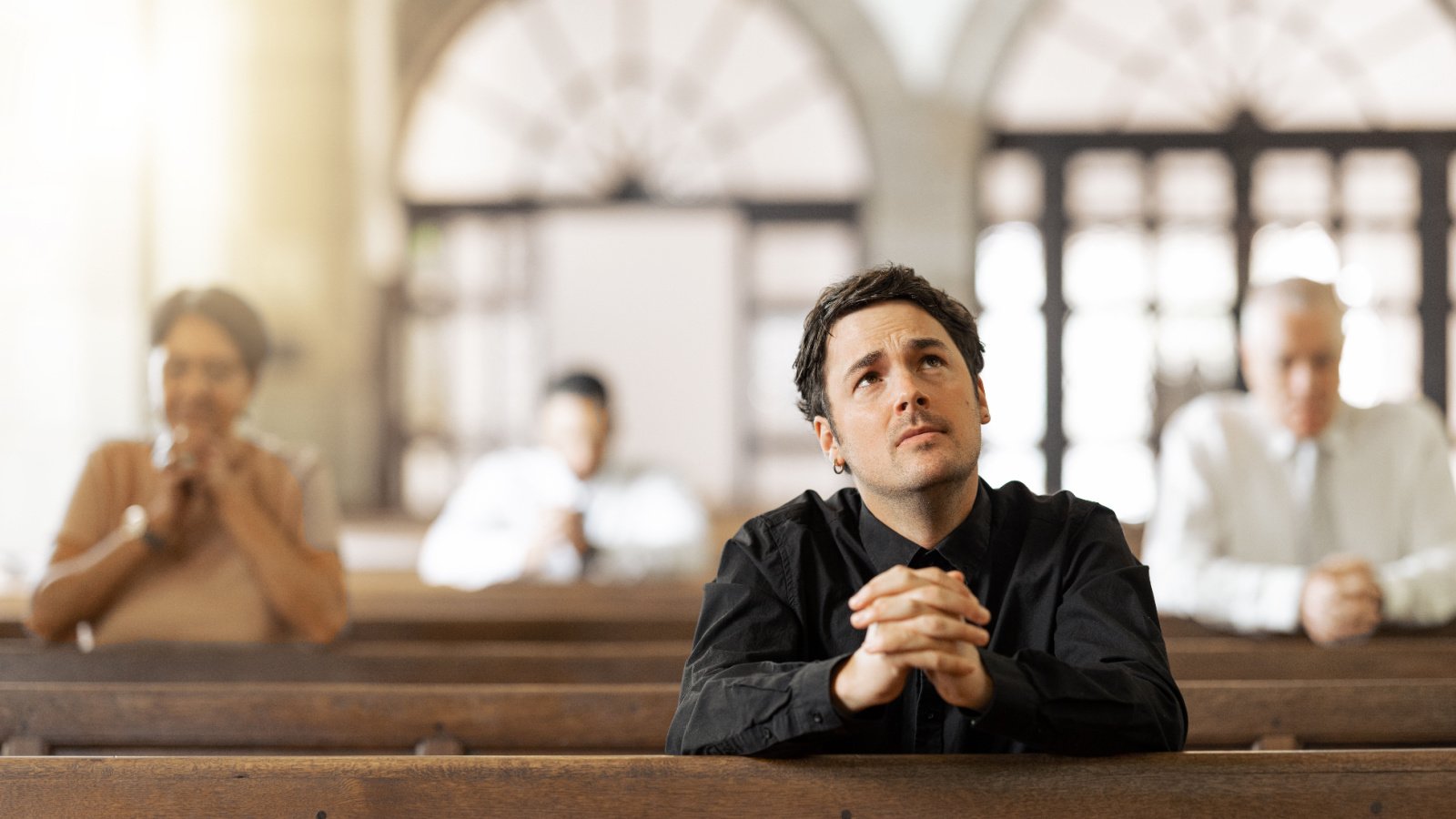Many boomers cling to Christian practices that anchor their faith and offer a sense of continuity through the decades. Traditions like Sunday services and fasting during Lent are part of their identities and hard to break from.
As younger generations adopt more modern approaches to worship, these enduring rituals connect the past and present. Let’s look at some of the most common Christian practices that boomers are reluctant to let go of.
Sunday Best

Boomers often adhere to the tradition of dressing in their “Sunday best” for church services, a practice that emphasizes reverence and respect for the sacred space. This includes suits, ties, dresses, and hats, reflecting a formal approach to worship. While casual attire has become more common in many congregations, many boomers maintain this dress code.
Hymnal Use

While contemporary worship music has taken center stage in many churches, boomers frequently express a preference for hymnals. These books not only contain the hymns but are also seen as a connection to the history and tradition of the church. The tactile act of flipping through a hymnal is a cherished ritual that is hard for many to relinquish.
King James Bible

The King James Version of the Bible holds a special place for many boomers, who value its literary and theological depth. Despite the availability of newer translations that are easier to understand, the poetic language of the KJV remains deeply ingrained in their spiritual lives. This version is often preferred for its perceived accuracy and majesty in scripture reading.
Formal Prayer

Formal, structured prayers are a staple in many boomer-led worship services, contrasting with the more spontaneous prayer styles of younger generations. This preference stems from a respect for the solemnity and tradition of liturgical phrasing. Boomers often find comfort and profundity in the familiar cadences of these prayers.
Weekly Church Attendance

Regular church attendance is a deeply ingrained habit for many boomers, symbolizing commitment and community involvement. Skipping a Sunday service is often out of the question, reflecting a time when the church was not just a weekly obligation but a cornerstone of social life.
Church Bulletins

Printed church bulletins are a valued source of information for many boomers, detailing weekly announcements, events, and pastoral messages. Despite the shift towards digital formats, the physical copy of a bulletin is something many hold dear for its tangibility and tradition.
Fasting

Fasting during certain religious periods, such as Lent, is a practice many boomers adhere to with strict devotion. They view these times of fasting as vital for spiritual growth and reflection. While younger generations may approach fasting more flexibly, boomers often observe these practices rigorously, following the guidelines set by their church.
Observing the Sabbath

Keeping the Sabbath holy through rest and worship is a practice many boomers hold sacred, often disconnecting from work and secular activities entirely on this day. They dedicate the day to church attendance, family time, and spiritual rejuvenation. This observance is a testament to their commitment to biblical principles and the importance of rest in their spiritual life.
Communion Etiquette

The sacrament of communion holds profound significance, and boomers often adhere strictly to traditional practices surrounding its observance. This includes who is eligible to receive it, how it is distributed, and the behaviors appropriate during its reception.
Church Fundraisers

Participating in church fundraisers, from bake sales to charity auctions, is a cherished tradition among boomers. These events are not only about raising money but also about building community and fellowship.
Door-to-Door Evangelism

While modern evangelism often takes place online or in casual settings, many boomers are nostalgic for the days of door-to-door outreach. This method of spreading the gospel is seen as a direct and personal way to communicate faith, despite its decline in popularity.
Respect for Church Hierarchy

Boomers often have a strong respect for the established church hierarchy and the roles within it, viewing clergy with high regard. This respect influences their expectations for leadership and decision-making within the church community.
Choir Participation

Singing in the church choir is a practice many boomers hold dear, often participating for decades. Choirs not only provide a musical backbone to services but also foster a sense of community and shared purpose.
Bible Study Groups

Structured Bible study groups are a key element of spiritual life for many boomers, providing a forum for in-depth discussion and learning. These groups often follow a specific format and curriculum, reflecting a methodical approach to scripture. Boomers value the opportunity to deepen their faith and connect with peers in a focused setting.
Missionary Work

Long-term missionary work, involving travel to remote areas to spread Christianity, is a testament to their commitment to the Great Commission. Although short-term missions have become popular, the deep involvement in extended missions is something many boomers are particularly proud of.
Using Cash Donations

In an age where digital giving is becoming more prevalent, many boomers prefer the traditional method of giving through cash or checks during the offering. This practice is part of the ritual of worship for them, reflecting a personal act of devotion. They appreciate the physical act of giving as a meaningful part of their church experience.
Marriage Counseling

Premarital and marital counseling in church settings is a practice boomers respect and uphold, often led by a clergy member. They view this guidance as essential for building strong, lasting relationships under the guidance of their faith. Boomers often seek out this support from their church as a crucial component of a successful marriage.
Religious Radio and TV Programs

Listening to or watching religious radio and TV programs is a preferred method for many boomers to receive spiritual teaching and encouragement. These programs, often hosted by respected religious figures, provide a connection to the broader Christian community and offer insights that resonate with their traditional values.
Memorizing Scripture

Memorizing verses from the Bible is a practice many boomers were encouraged to adopt from a young age and continue to uphold. This discipline is seen as both a spiritual duty and a practical method for moral guidance. Boomers often cite memorized scripture in conversation and teaching, using it as a foundation for life decisions and ethical dilemmas.
Religious Holidays

Observing religious holidays with traditional customs and ceremonies is particularly important to boomers. Whether it’s Christmas, Easter, or Pentecost, these times are marked with specific rituals, family gatherings, and church services that follow age-old traditions. For many boomers, these holidays are a deep-rooted part of their faith identity and community life.
Reading Daily Devotionals

Daily devotionals are a staple in the lives of many boomers, providing a structured way to start or end the day with reflection and prayer. These short readings help them connect daily activities with their faith and provide spiritual guidance.
Supporting Parochial Schools

Boomers often advocate for and support Christian parochial schools, believing in the benefits of an education rooted in religious values. They see these institutions not just as schools but as extensions of community and faith formation. Supporting these schools financially and through volunteer work is a common practice among boomers who value faith-based education.
Attending Revivals

Revivals and religious crusades hold a special place in the hearts of many boomers who have witnessed powerful movements of faith during these events. These gatherings are seen as opportunities for renewal and deepening of faith, often featuring prominent evangelists.
Tithing

Tithing, or donating a portion of one’s income to the church, is a deeply ingrained practice among boomers, reflecting their commitment to supporting their religious community. They often adhere to the biblical prescription of giving ten percent of their earnings, viewing it as a duty and a form of worship.
Prayer Meetings

Attending regular prayer meetings is a pivotal aspect of spiritual life for many boomers. Often held weekly, they are a source of support, spiritual growth, and community bonding. Boomers value these gatherings for the collective worship experience.








